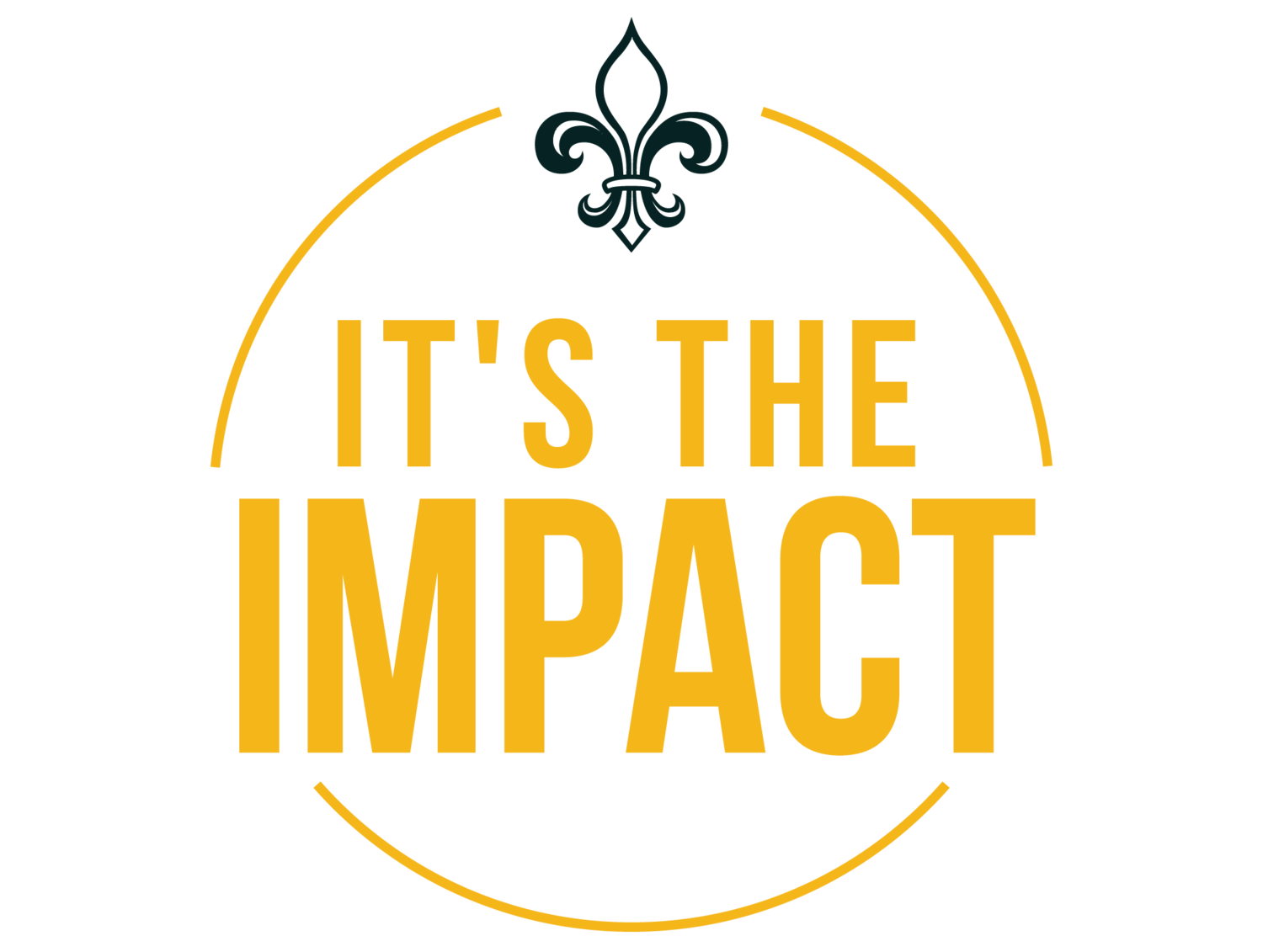The Self-Doubt Trap: Are You Sidelining Your Leadership Superpowers?
Did you set a New Year’s resolution? Or maybe an intention for the year? Perhaps you are one of those leaders who determine a word or motto to follow for the year. Being the successful leader you are, I know you have some grand goals for 2024.
But are you also worried that you might not achieve everything you want in 2024? You might not realize it, but the reality is, you are likely engaging in the type of self-criticism that will prevent your success.
That’s why the first four newsletters of this year will focus on It’s the Impact’s Leadership Support System, called The Changemaker. Our curriculum, based on over 30 years of coaching and direct leadership, is called the “4 Cs” of Changemaking Leadership. I will focus on each of the four Changemaker Cs with our first four newsletters this year. For January, I’ll start with the first: Claim Yourself — Leverage your talents and strengths to their fullest potential.
Claiming Yourself is vital because we have found it helps you and your team recognize strengths instead of concentrating on weaknesses. Leadership based on strengths is vibrant, influential leadership that inspires others, creates a strong organizational culture, and ensures every team member feels valued for what they bring to the table — rather than what they’re lacking. This is so important because our brains are wired to focus on what is ‘wrong’ with us and others— not what is right. And that does not help you or your team.
Knowing Your Value
When we work with leaders and their teams, we begin by identifying their strengths. The reason for this isn’t always obvious — it’s not just that we want them to know what they’re good at. But we also believe that focusing on weakness is a worthless endeavor because it causes you to judge yourselves in ways that actually aren’t helpful. In fact, you can become more ineffective. Imagine training for a marathon by only focusing on the fact that you're not the fastest sprinter. This approach overlooks your endurance, pacing, and mental resilience, which are crucial for long-distance running. Similarly, in leadership, concentrating solely on weaknesses is like a marathon runner fixating on sprinting speed—it misses the bigger picture. Effective leadership, like marathon running, requires recognizing and building upon the strengths that are essential for the long haul, not just the short bursts.
It’s all too easy and common to underestimate your leadership skills. When you make mistakes, especially when you’re busy, it’s easy to criticize yourself for not being more attentive or not having thought through every possible scenario. But centering yourself on what you don’t have or what you perceive to be your flaws only leads you to beating yourself up. And here’s the thing. You can’t improve when you are too busy judging yourself.
What you need to realize is that when problems arise, you aren’t broken. You don’t need to be fixed. Rather, this is just an indication that you’re not tapping into your strengths as fully as you could.
Understanding Our Strengths
Here’s another interesting thing. Your strengths are neutral — they’re neither good or bad. But they do make us unique — Gallup has found that the chances two people share the same top five CliftonStrengths in the same ranking is just one in 33 million. Consider that for a moment: that means that you are likely to never work with anyone who shares your particular set of strengths. You are special and you are uniquely valuable.
So it’s worth trying to use them to their fullest! And that’s exactly what we’ve found with our clients. When we surveyed graduates of the Changemaker, 100% said learning to harness their strengths was very important to their leadership.
Understanding Is Only the Beginning
We operate best when we lead from a place of strength. But before engaging in this type of leadership, we first have to pinpoint those strengths. That’s the first step in the Changemaker and why claiming yourself is so important. Harnessing Your Strengths requires four steps: you begin by Recognizing them, then Internalizing them, then learning to Leverage them, and finally understanding how to Manage them effectively. Leveraging them involves really using them to help you break through barriers and managing is perhaps the most important. It involves ensuring that your strengths aren’t hurting your efforts. Sometimes, when we don’t know what we bring to the table, we can accidentally over use it.
If the idea of helping your organization improve by understanding the strengths you and your team bring to the table appeals to you, I encourage you to start by taking this free strengths test. It is different from the one that we use in The Changemaker but it is highly insightful and will offer you a great deal to reflect on. Once it’s complete, you can schedule a free call with me to discuss the results and see if the Changemaker would be right for your organization. Our next Changemaker cohort will launch this spring.


